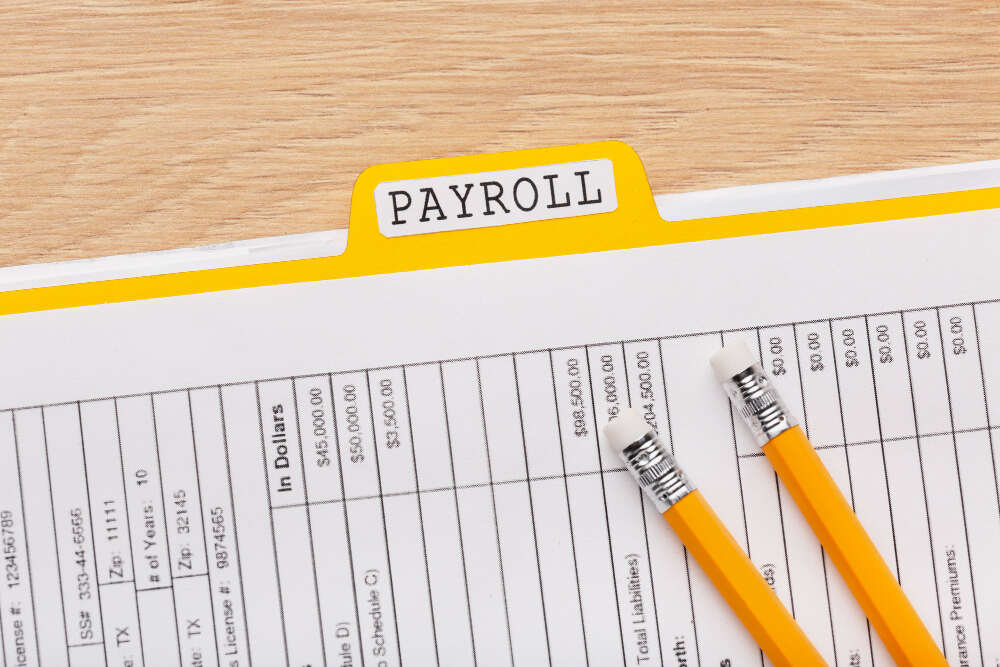Adhering to local, state, and federal laws is of utmost importance for any company. Non-compliance with these regulations can lead to potential legal actions initiated by government agencies. The realm of compliance encompasses various types of laws and regulations, including those related to payroll. In this blog, we will look into the topic of how long employers should keep their employees’ payroll records.
In the United States, employers have a legal obligation to maintain payroll records to ensure they comply with laws and regulations. According to the Fair Labor Standards Act (FLSA), employers must keep these records for at least three years from when they were created. These records should contain important details like employee names, addresses, Social Security numbers, hours worked, wages earned, and deductions taken from their pay.
Maintaining payroll records is crucial for several reasons:
- Legal Compliance: Adhering to federal regulations ensures labor law compliance. Well-organized records can safeguard employers from penalties during audits or legal disputes.
- Wage and Hour Tracking: Accurate records enable monitoring of work hours, overtime, and wages. This prevents violations and ensures correct compensation.
- Tax Reporting: Proper records aid precise tax reporting, reducing tax-related issues and simplifying reporting to employees and authorities.
- Employee Rights: Transparent records build trust by allowing employees to verify earnings, hours, and benefits.
- Historical Documentation: Records serve as a historical reference for terms, compensation, and benefits, valuable for promotions or reviews.
- Government Audits: Accessible records facilitate government audits and showcase commitment to compliance.
- Statute of Limitations: Retaining records beyond requirements aids in addressing post-employment disputes or claims.
However, the exact time for keeping these records might differ. It depends on factors such as your state’s rules, the standards in your industry, and the kind of information you’re recording. Some places might require you to keep tax-related documents for a longer period.
Failing to keep accurate payroll records for the necessary time could lead to legal problems, penalties, and difficulties if your records get audited. So, it’s crucial to follow these rules and keep your records in order.



Conclusion
Adhering to payroll record retention requirements is a vital aspect of maintaining legal compliance and ensuring transparency in business operations. Keeping accurate and well-organized records not only safeguards companies from potential penalties and legal disputes but also fosters trust among employees and regulatory authorities. By understanding the specific recordkeeping duration based on applicable regulations, industries, and information types, employers can navigate potential challenges and audits with confidence, ultimately contributing to a smooth and compliant business environment.



